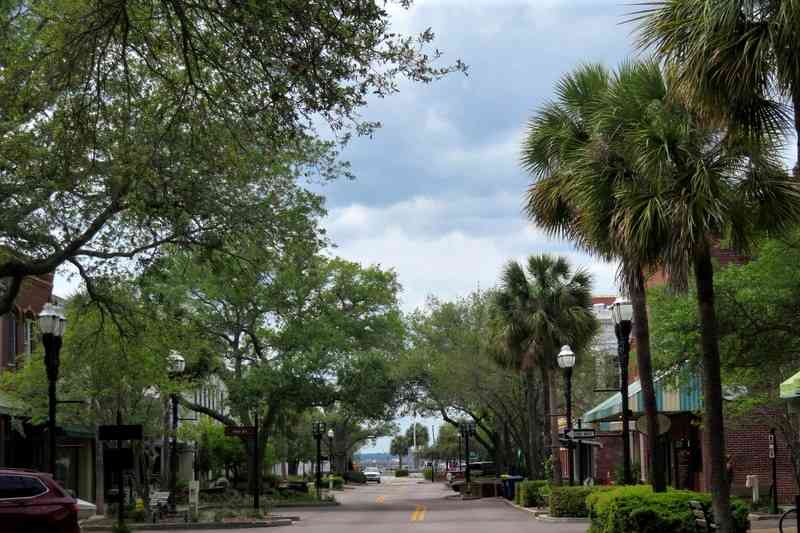
By Evelyn C. McDonald
Arts & Culture Reporter
July 20, 2020
Lockdown has been a testing process for most of us. Resumption of activities is also testing us. I’d like to suggest that there is one further test we need to be considering. In the midst of the 24-hour COVID-19 news cycle, it’s hard to focus on anything but the present. If we look to the future at all, it’s to hope for a vaccine that will take the term coronavirus out of our current vocabulary.
In this state of mind, we don’t spend much time thinking about what life will be like after the pandemic has run its course. In some ways, this is a valuable defense mechanism. Dwelling on the future can make it more difficult to tolerate the present. However, it’s worth considering whether the intense focus on the Here and Now blinds us to consideration of what the future is going to look like.
Here’s a question to ponder – what do we think our town, our island will look like when the pandemic is no longer our crown of thorns? Perhaps we expect that Amelia Island and Fernandina Beach will be much the same as it was in January. We may think we will be doing the same things though maybe preserving some habits we acquired in lockdown.
We had dinner out, we went to the beach, we enjoyed the theatre, we shopped at our local book stores, we took visiting friends and relatives to the Museum. We’ll just resume all the things we did. We assume there won’t be too much modification. We may have a few less restaurants, the beach will still be there, shops will be open. At this point, some of you may be wondering about other establishments and well you should.
A bricks and mortar establishment has fixed costs that have no respect for restricted income. Buildings need to be heated, lighted, cooled, and maintained. If a business is going to survive, income is needed. All of the businesses with curbside and delivery services are maintaining staff to support those services. That benefits the community by allowing some employees to earn a wage.
What about the establishments that can’t provide curbside? What about those establishments that depend on our physical presence – theatres, museums, art galleries? Here’s a thought – if we don’t think about these establishments in our community, they may well not be there when the pandemic is over. We have to ask ourselves if there are establishments whose income depends on our presence in their buildings. When we blink out into the sun the day after the pandemic, how will we feel if they are no longer there?
If there are establishments that are important to you, find out how you can help them weather this COVID time so that they are there for you when it’s over.
